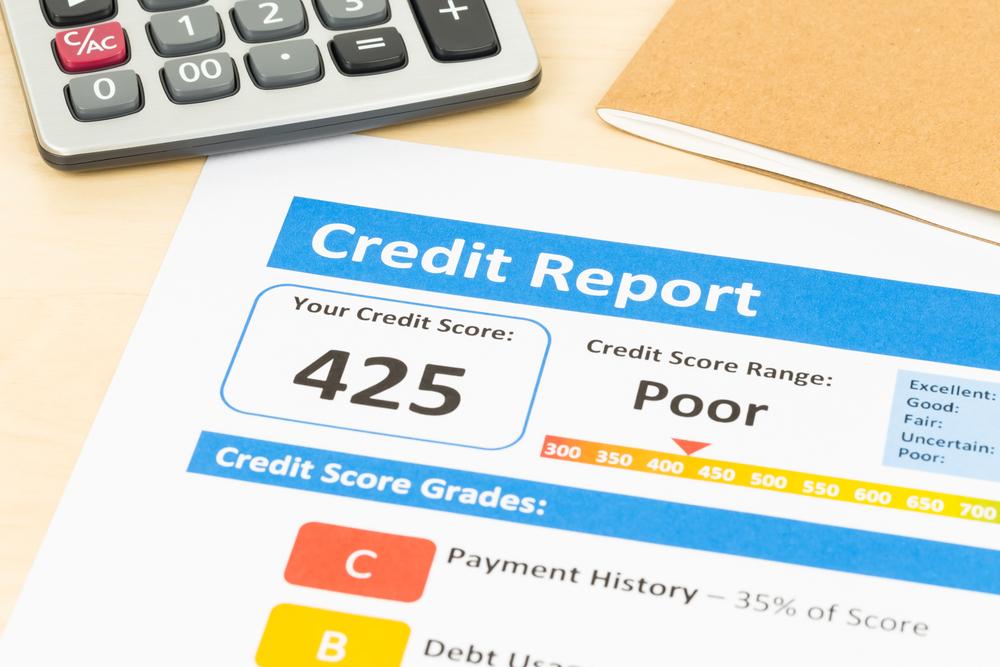Expert Strategies to Enhance Your Credit Score and Financial Standing
Discover comprehensive, actionable strategies to improve your credit score and enhance your financial health. Learn how to review reports, pay bills on time, reduce debt, and responsibly manage credit accounts to unlock better loan options and lower interest rates. Building a strong credit profile is essential for long-term financial stability and growth.

Expert Strategies to Enhance Your Credit Score and Financial Standing
Your credit score, a crucial three-digit number ranging from 300 to 850, plays a significant role in determining your financial opportunities and access to credit. A higher score indicates responsible financial behavior and opens doors to favorable loan terms, low-interest rates, and better service options. Conversely, a lower credit score can limit your ability to obtain mortgages, auto loans, or even impact rental agreements. Effective credit management is essential for building and maintaining a healthy financial profile. While improving your credit score isn't immediate, adopting proven practices can lead to substantial progress over time. This comprehensive guide explores in-depth strategies to repair, boost, and safeguard your credit profile, ensuring you maximize your financial potential and security.
Managing your credit effectively is vital for long-term financial stability and growth. A solid credit profile can reduce the cost of borrowing, improve your likelihood of approval, and enhance your overall financial health. Below, you'll find detailed strategies and actionable tips to help you elevate your credit score, understand the nuances involved, and avoid common pitfalls.
Conduct Thorough Credit Report Reviews: Regularly check your credit reports from Experian, Equifax, and TransUnion. Look for any inaccuracies or outdated information that could be lowering your score unjustly. Common errors include incorrect accounts, missing payments, or duplicate debts. Reporting and disputing inaccuracies promptly can lead to significant improvements in your credit profile.
Develop a Systematic Credit Improvement Plan: Use your credit reports as a foundation to identify areas needing attention. Focus on paying down high-interest debts, reducing credit card balances, and avoiding new debt unless necessary. Create a timeline to address each aspect methodically, whether it's paying off a specific loan or reducing your overall credit utilization.
Always Pay Bills on Time: Payment history accounts for a large portion of your credit score. Set up reminders or automatic payments to ensure rent, utilities, and credit card bills are paid promptly. Consistent, timely payments demonstrate reliability and positively influence your score. Late payments, conversely, can have long-lasting negative effects.
Limit Unnecessary Credit Applications: Each application for new credit results in a hard inquiry, which can temporarily reduce your score. Only apply for new credit when genuinely needed, and space out applications to avoid multiple inquiries in a short period. Carefully evaluate your options before submitting applications to prevent unnecessary damage to your credit profile.
Maintain and Manage Unused Credit Accounts: Keep open credit accounts that don't carry annual fees. These accounts contribute to your total available credit, lowering your overall utilization ratio—a key factor in your credit score. Closing accounts can increase your utilization rate and potentially harm your score, especially if it significantly reduces your total credit limit.
Build and Extend Your Credit History: A longer credit history typically leads to a higher score. Consider becoming an authorized user on a trusted family member’s account or maintaining older accounts in good standing. However, weigh the risks—if past account behavior was negative, it could impact your credit negatively.
Address and Resolve Collections: If you have outstanding debts in collections, prioritize settling them. Paying off collection accounts can improve your credit standing and remove negative marks over time. If the accounts are inaccurate, dispute them with the credit bureaus. Settling debts or negotiating payment plans can also demonstrate responsibility, boosting your credit profile.
Learn from Past Financial Mistakes: Even if you've experienced bankruptcy, foreclosure, or severe credit setbacks, understand that these events have a limited impact over time. Focus on adopting positive financial behaviors—regular saving, responsible borrowing, and timely payments—to rebuild your credit steadily and securely.
Utilize Secured Credit Cards for Credit Rebuilding: Secured credit cards are accessible options for individuals with poor or no credit history. They require a security deposit that serves as your credit limit. Responsible use of a secured card—making consistent payments and keeping balances low—can help establish or rebuild credit history efficiently.
Monitor and Control Credit Utilization: Aim to keep your balances below 30% of your total available credit limit. High utilization rates can signal to lenders that you're overextended, negatively affecting your score. Regularly pay down balances, prepay when possible, and limit new spending to maintain a healthy utilization ratio.
By implementing these detailed strategies and committing to responsible financial habits, you can gradually improve your credit score. An enhanced credit profile increases your chances of qualifying for favorable loan terms, lower interest rates, and better financial opportunities overall. Building good credit not only provides immediate financial benefits but also establishes a foundation of trust and stability for your future financial endeavors.





